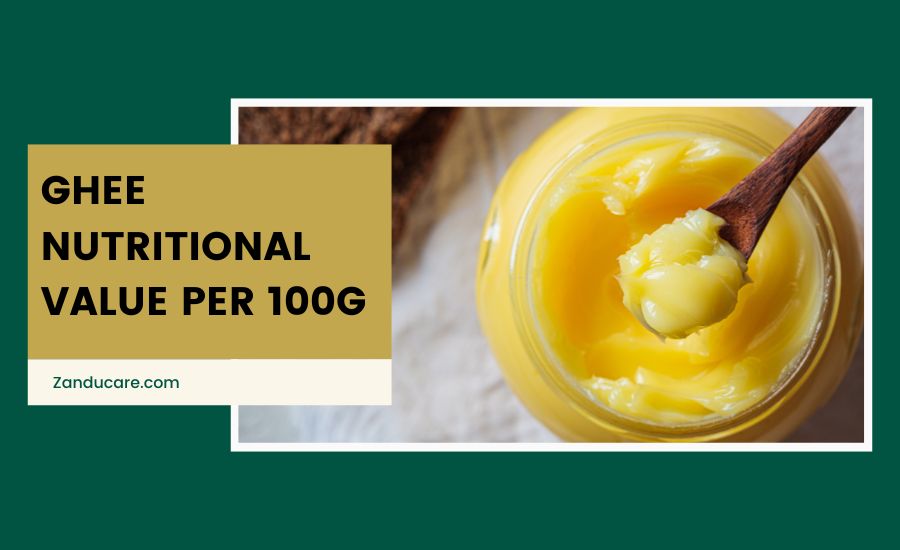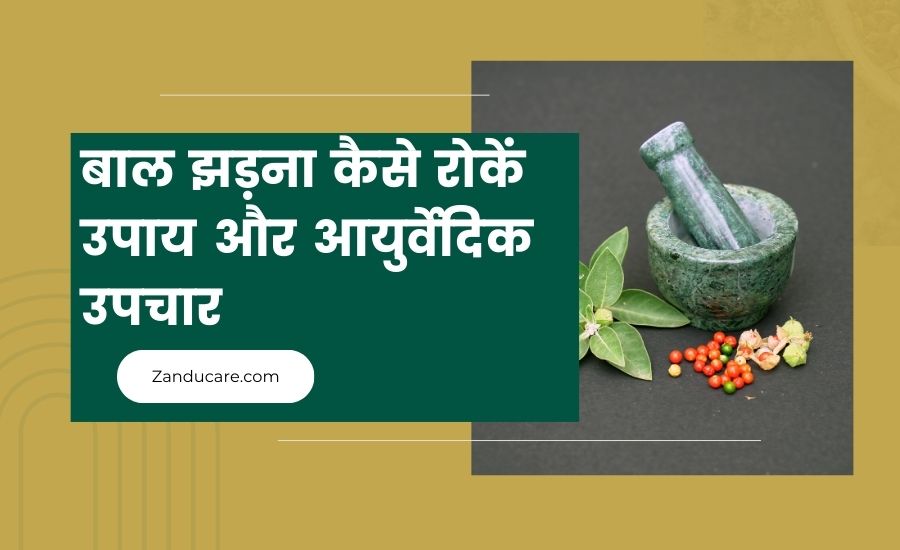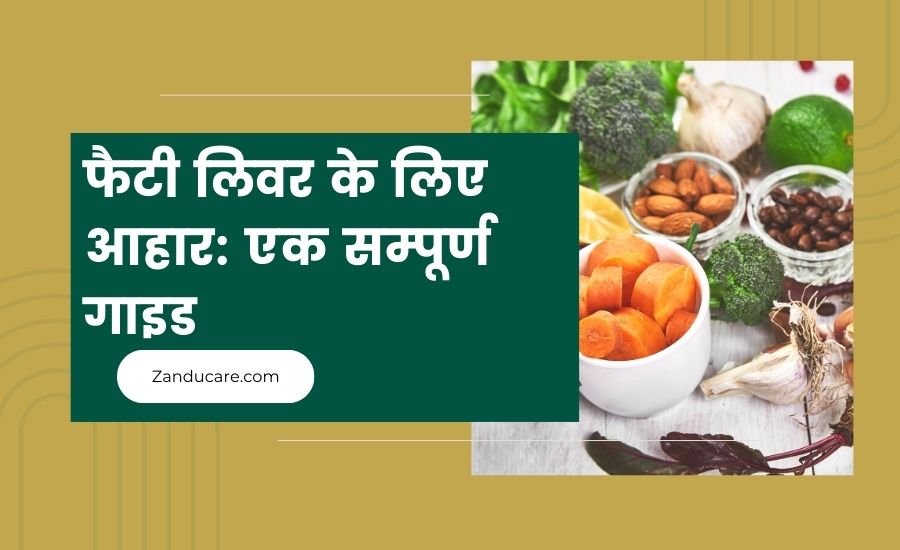
Ghee Nutrients, Calories Per 100g - Benefits & Uses
Ghee is one of the most popular staples in Indian households, and people have consumed it in one form or another for centuries. But despite this widespread use, Ghee has often fallen victim to bad press. Thankfully, people’s perception of Ghee is now changing with more scientific research highlighting its health benefits.
For Indians, Ghee is essential and adds a distinct flavour to our cuisines. Its high smoke point makes it ideal for high-heat cooking. Even Ayurveda classifies Ghee as a sattvic food for its ability to strike the right balance and promote well-being.
Recent studies show that Ghee is an excellent source of healthy fats, such as monosaturated and conjugated linoleic acid (CLA). It also contains essential vitamins E and A that help enhance vision, protect cells from damage, and boost immunity.
This blog will dive into the details of Ghee's nutritional value per 100g to help you use it to your advantage. So, let's get started!
|
Did You Know!
|
But first, let's understand what Ghee is

The term "Ghee" traces its roots to the Sanskrit word "ghrta", which means "clarified." After removing water and milk solids, Ghee is nothing but what is left behind from butter. Ghee has been in India for centuries as a valuable food source that provides comics with rich flavour and a longer shelf life.
Traditional Ghee-making requires simmering the butter long enough until the milk solid separates and rises to the surface. Then, you must skim off the solids, leaving behind the pure clarified butterfat. While the process is relatively time-consuming, the longer shelf life and the amazing Ghee taste make it worthwhile.
There are many different types of Ghee depending on the type of milk fat you use. While cow Ghee is one of the most common types, you can even get Ghee made of sheep, buffalo and goat milk. Each of these Ghee types exerts a distinct aroma paired with a unique taste that makes them a hit among all.
Breakdown of Ghee nutritional value per 100g
Most research shows that Ghee is a concentrated source of fat that gives you about 900 calories for every 100g. However, this does not do enough justice to understand Ghee's nutritional value. So, here’s a detailed breakdown to help you better understand.
Nutritional Table:
|
Nutrient |
Amount per 100g |
|
Calories |
876 kcal |
|
Total Fat |
99.8 g |
|
Saturated Fat |
62.4 g |
|
Monounsaturated Fat |
28.7 g |
|
Polyunsaturated Fat |
3.7 g |
|
Omega-3 Fatty Acids |
1.2 g |
|
Omega-6 Fatty Acids |
2.5 g |
|
Cholesterol |
256 mg |
|
Vitamin A |
3069 IU |
|
Vitamin E |
2.8 mg |
|
Vitamin D |
1.3 mcg |
|
Vitamin K |
8.6 mcg |
Are there any health benefits of consuming Ghee

There is not one but numerous health benefits of adding Ghee to your daily diet. Some of the best-known of these health benefits include:
- Aids Digestion: Proper digestion is necessary to maintain a healthy body, and Ghee's lubricating properties help soothe the gut lining and aid digestion.
- Immunity Booster: Ghee is rich in vitamins A and E, which play a crucial role in helping the body strengthen its internal defences with a robust immune system.
- Excellent Healthy Fats Source: Ghee is rich in monosaturated fats, which help increase the levels of HDL, the "good" cholesterol and reduce LDL, the "bad" cholesterol.
- Enhances Skin and Hair Health: Ghee is rich in vitamin A, which is essential in enhancing your skin's health. It also has fatty acids that can enhance scalp health and nourish your hair.
- Enhanced Nutrient Absorption: Ghee is one of the most popular choices for enhancing your body's nutrient absorption. It helps the body absorb fat-soluble vitamins such as E, K, D. and A.
Also, check:
The relationship between Ayurveda and Ghee
Ghee has always been an essential part of Ayurvedic remedies. In fact, there is a notable reference to Ghee in eleven important Ayurvedic tests spanning more than 3000 years. most studies suggest that Ayurveda prioritised Ghee for its potential to enhance skin health and promote better cardiovascular health.
Ayurveda is well-known for recognising three primary doshas: Vata, Pitta, and Kapha. Certain ancient texts suggest that Ghee has all the essential qualities to help balance all three doshas. Let's break this down for a better understanding:
- Vata: Ghee is well-known for its grounding and warming properties that help pacify the Vata dosha and treat anxiety, dryness, and ineffective digestion.
- Pitta: Consuming Ghee in moderate quantities can help ease the Pitta dosha, all thanks to the cooling effects of Ghee that counters the dosha's fiery nature.
- Kapha: Ghee is preferable to balance the Kapha dosha, but consuming it in moderate quantities is still crucial for the best results.
When it comes to Ayurvedic treatments and remedies, Ghee's role is as versatile as it gets. It plays a vital role in different Ayurvedic practices that include:
- Snehapana: This unique practice requires ingesting small amounts of Ghee to lubricate the digestive tract, clean your body, and eliminate all unwanted waste.
- Nasya: Ancient sages used Ghee to make nasal drops that enhanced memory, eliminated congestion, and nourished the nervous system and the brain.
- Abhyanga: Abhyanga is a practice of self-massage using Ghee to enhance circulation, promote relaxation, and nourish the skin back to health.
Ways to add Ghee to your daily diet

While this might surprise most, Ghee has no specific recommended daily intake. Instead, you need to evaluate different factors such as your needs, overall diet, and even activity levels. However, it is always better to start with a moderate quantity and gradually work your way up as your body gets more comfortable.
It is no secret that Ghee has a higher smoke point. As a result, it is the perfect ingredient for frying pancakes or eggs, adding a distinct flavour to meat and veggies, and even adding a unique nutty flavour to dals and curries.
Also, do check our 100% organic micronutrient rich super greens powder.
Traditional Indian recipes using Ghee:
|
Dish Name |
Information |
|
Dal Makhani |
It is a creamy lentil dish traditionally simmered in Ghee for enhanced richness. |
|
Ghee Rice |
This simple and flavourful dish is made with rice cooked in Ghee and seasoned with spices. |
|
Saag Paneer |
This dish is made of paneer and spinach cooked slowly with Ghee for a flavour-rich and smooth base. |
Modern Indian recipes using Ghee:
|
Dish Name |
Information |
|
Ghee Roasted Cauliflower Steak |
This is a delicious vegetarian main course dish made with Ghee. |
|
Paleo Pumpkin Muffin with Ghee |
It is a flavourful and moist gluten-free dish enriched with the richness of Ghee. |
|
Roasted Veggies With Herbs and Ghee |
It is a healthy and tasty side dish made with Ghee. |
Are there any risks or considerations for Ghee intake?
There is no denying that consuming Ghee in moderate quantities does not do much harm to anyone. However, there are always exceptions and understanding the potential risks and considerations beforehand is essential.
- Ghee Can Increase Cholesterol Levels: Ghee is rich in healthy fats but contains saturated fats. This can raise your LDL cholesterol levels, making it important to practice moderate intake if you have any cholesterol issues.
- Risk of Overconsumption: Ghee is delicious but very high in fats and calories. Hence, it is no surprise that consuming excessive Ghee can increase one's weight and increase the risk of developing heart disease.
- Purity and Quality Concerns: Ensuring the Ghee's quality and purity is a non-negotiable term. To benefit from it, make sure you choose organic Ghee without any added ingredients.
- Lactose Intolerance: Ghee is a safe option, even if you are lactose intolerant, since the clarification removes all lactose sugar. However, you might experience some sensitivity if you have severe lactose intolerance.
Conclusion
Ghee is an excellent source of antioxidants, vitamins, and fats, offering many health benefits. Its nutritional value per 100g makes it an ideal addition to your diet as long as you consume it in moderate quantities.
Thanks to the versatile nature of Ghee, you can easily use it with traditional Indian and modern dishes. But, ensure you are mindful of Ghee consumption since excessive consumption can lead to many health complications. Also, Ghee is one of the best things you could add to your diet to make your meals more delicious and promote overall well-being.
FAQs
1. What is the nutritional value of ghee per 100g?
Every 100g of quality Ghee gives you about 900 calories and numerous other essential vitamins and minerals.
2. How much Ghee should I consume daily?
You can add two to three spoonfuls of Ghee to your diet to maintain proper health.
3. Is Ghee better than butter?
While Ghee is also a form of butter, it differs from conventional butter. Choosing between both requires you to evaluate your own health and taste preferences.
4. Can Ghee help with weight loss?
Ghee can be helpful for everyone looking to lose weight naturally.
5. Are there any side effects of consuming Ghee?
Excessive consumption of Ghee can often contribute to side effects such as increased weight, body fats, and more.
6. How can I use Ghee in my daily cooking?
You can use Ghee to fry items or add a spoonful to your dishes for a distinct smell and flavour.
7. What are the benefits of Ghee for skin and hair?
Ghee can help remove toxins and clear your skin while lubricating your scalp to promote better hair growth.
8. Is Ghee suitable for lactose-intolerant individuals?
Lactose-intolerant individuals can have Ghee in moderate quantities since lactose sugar is eliminated during clarification.
Reference
- Thankfully, people’s perception of ghee is now changing with more scientific research highlighting its health benefits.(https://www.ncbi.nlm.nih.gov/)
- Most research shows that ghee is a concentrated source of fat that gives you about 900 calories for every 100g. (https://www.researchgate.net/)
- In fact, there is a notable reference to ghee in eleven important Ayurvedic tests spanning more than 3000 years. (https://www.sciencedirect.com/)
- Ghee is a safe option, even if you are lactose intolerant since the clarification removes all lactose sugar. (https://www.ncbi.nlm.nih.gov/)






Leave a comment
This site is protected by hCaptcha and the hCaptcha Privacy Policy and Terms of Service apply.